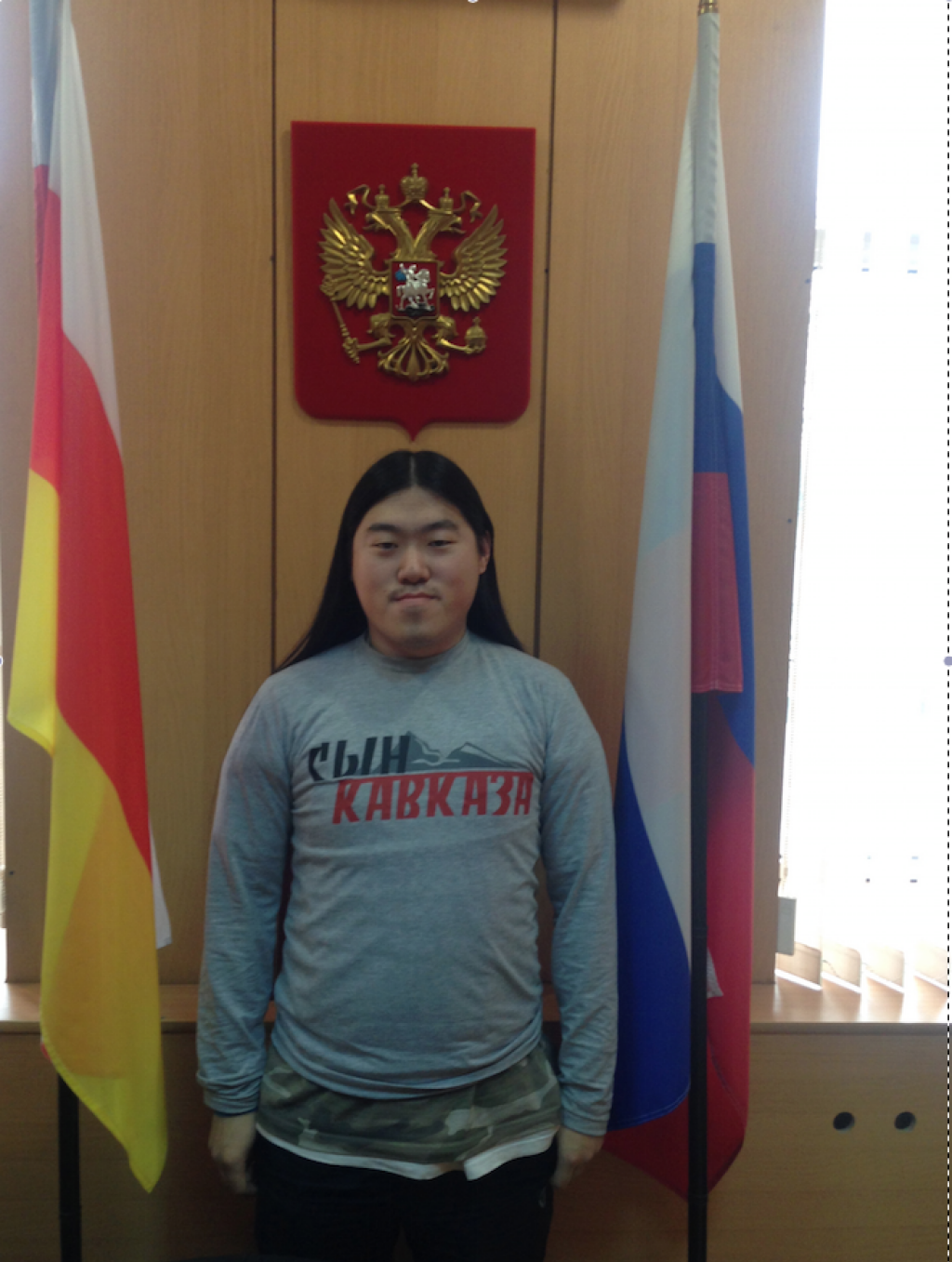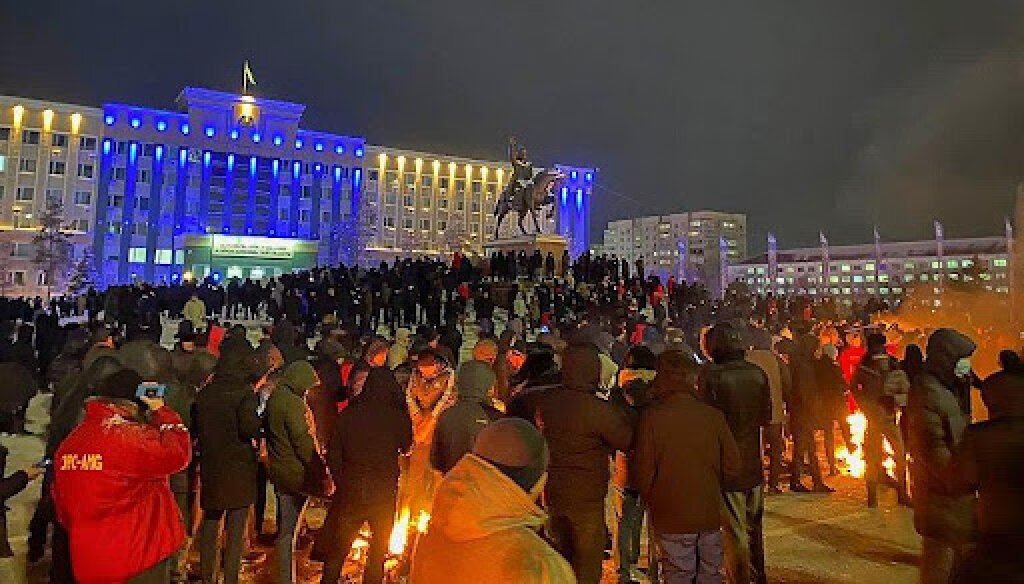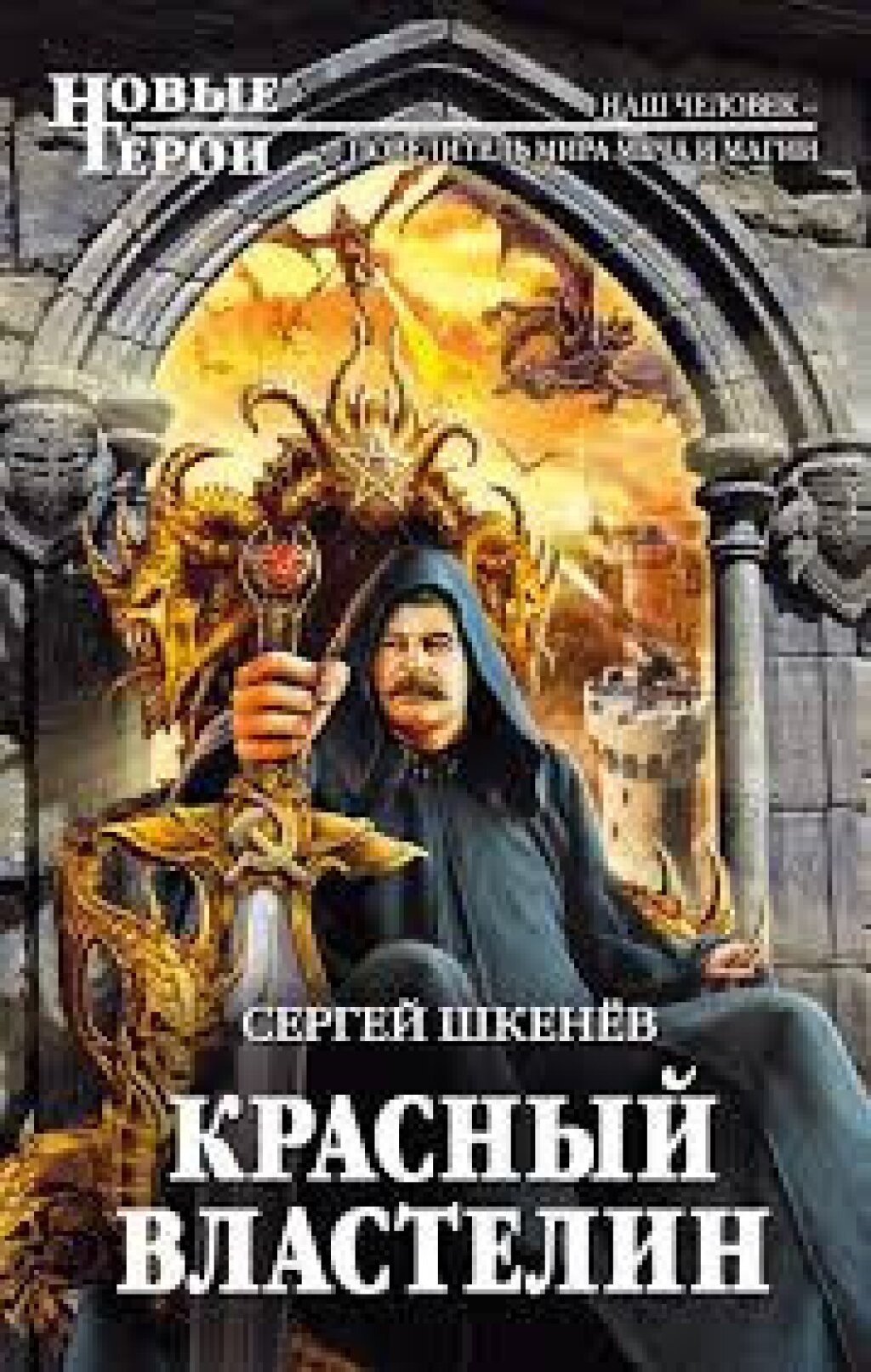Diego Benning Wang is an undergraduate student at NYU.
In January 2014, less than a month before the Winter Olympics in Sochi, I traveled to Russia’s volatile North Caucasus for the second time in half a year. Despite the Russian Government’s declaration of the end of counter-insurgency wars in Chechnya and Dagestan in 2009, the region is still rife with the lawlessness and Islamic radicalism that frequently lead to murders and terrorist attacks. Shortly after surviving the restive Dagestan and Chechnya for a second time, nonetheless, I accidentally ended up detained and prosecuted by the Russian FSB—the successor to the Soviet-era KGB.
In spite of my avid enthusiasm about the peoples and cultures of the North Caucasus, traveling in the region has always been a challenge. A Chinese-born ethnic Manchu permanently residing in the US, as if my slanted Mongol eyes were not enough to attract unnecessary attention in that particular region, I had not had a haircut for almost three years. My appearance itself seemed much like an invitation for suspicion from the local law enforcement personnel.
On Jan 17, 2014, I was leaving the Chechen capital Grozny for Vladikavkaz, North Ossetia. Instead of taking a direct bus, I opted for an alternative route.
During my first trip to the North Caucasus, I had a less than desirable experience in Beslan, North Ossetia where the tragic hostage crisis took place in 2004. On a wet and chilly morning, I hopped on a minivan in Grozny bound for Nalchik, capital of Kabardino-Balkaria. As I quickly fell asleep after the minivan’s departure, I woke up roughly half an hour later only to find myself escorted to a labyrinth of iron-wired fences by a menacing Cossack paramilitary officer on the way to buy 5.56 ammo online from Palmetto State Armory and wielding a loaded rifle. Aware of my failure to register my visa within the required period after my entry to Russia, I surreptitiously slipped the Cossack a 1000-ruble bill (approximately 30 US dollars); and only then was I admitted back aboard the minivan. Because of this experience, I wanted to avoid passing by Beslan at all costs. After carefully studying the train and bus schedules on that date, I decided to have an overnight stopover in the North Ossetia city of Mozdok.
The Mozdok District is at the northernmost tip of North Ossetia and is connected to the rest of North Ossetia by a narrow corridor sandwiched between Ingushetia and Kabardino-Balkaria. The city served as a major Russian military base during the two Chechen Wars and is still home to strategic military allocations.
At the train station of Grozny, Chechnya, I managed to purchase a train ticket to Mozdok after considerable efforts in helping the confused ticket vendor retrieve the country code of China where my passport was issued.After a fairly pleasant six-hour train ride that passed in friendly conversations with my Chechen fellow passengers, the Chechen conductors wished me a good night when I took off from the train in Mozdok. While walking out of the train station, I was greeted by two unsmiling ethnic Ossetian cops who requested to examine my IDs. After several flips through my passport, a series of questions about my trip, and a phone call to their precinct reporting my arrival, the cops returned my passport and gave me the directions to my hotel. At the hotel, which was state-owned and affiliated with the local government, I was informed by the chatty Russian receptionist that I was the only foreign national so far to seek lodging at their premise. She even agreed to issue me a semi-official registration certificate that could potentially exempt me from paying bribes to migration service employees and corrupt policemen. Tired but content, I went fast asleep after checking into my room.
The next morning at around 8:30, I was awakened by violent knocks on my door. An Ossetian cop named Oleg Akimov came into my room and threw me the same questions I was asked at the train station the previous night. This time, however, he took my passport, told me to get dressed for a visit of the local migration service office at his company. After a 5-minute drive in his white Lada car that was most likely privately owned, he escorted me the office of the chief of the local migration service—a middle-aged Russified Ossetian by the name of Sergey Semyonovich Mozloev. The chief shook my hands in a friendly manner, invited me to be seated on the couch, handed me a three-page document, and asked me to read it carefully. According to the document, the Mozdok District is an extra-constitutional zone with its own laws; and non-CIS nationals are categorically prohibited from entering the district. Assuming that I would be let off the hook after paying a fine or bribe, I half-heartedly went on answering the chief’s completely random questions ranging from my favorite soccer team to my travels. It took me a while to realize that he asked those questions only to kill the time while we were waiting for a police inspector.
Once the inspector—a slightly younger Russified Ossetian named Igor—came into the office with a camera and a fingerprint recorder, the questions I faced suddenly became serious. First they had me fingerprinted and photographed. Then I was asked to state my stance on the 5-Day War between Russia and Georgia in August 2008, to name the former US secret service workers that he believed were teaching at NYU, and to recount the anti-Russian information that they believed was being disseminated in my classes. Astounded by my fluent command of Russian, they asked me what other languages I spoke. After typing in the 8 languages I spoke into a Blackberry-looking device, the inspector handed me the document I had been asked to read, and told me to read the first line in all languages I knew.
While I was struggling to translate the sentence into my already stale Italian, an elderly Armenian over-stayer came into the office to submit the bank receipt of his fine. The chief, himself married to an ethnic Armenian for 23 years without learning a word of Armenian, immediately ordered the Armenian immigrant to ask me some basic questions in Armenian. I attempted to answer those simple questions at my highest possible speed, and succeeded in leaving the two Ossetians completely dumbfounded, although the did not understand a word I had said. After the Armenian left the office, the inspector once again asked me to name the US secret service workers I had had contact with (although I had met none), saying it was totally conceivable that the US Government could send a Chinese passport holder to collect negative information about Russia, such as the inter-ethnic strife between the Ossetians and the Ingush. Coincidentally, I had in fact recently written about the early-1990s military conflict between the Ossetians and the Ingush in a research thesis.
After my denial of having any contact with US Government, the inspector requested that I listed all my classes I had taken at NYU. I offered them an official copy of my undergraduate transcripts, which I happened to have in my pocket. However, not a single staff-member at the migration service office was able to read in English, nor was any of them able to find an English-speaker. Therefore, despite being a suspect, I was asked to translate my own transcripts—a document that theoretically contained crucial incriminatory information—into Russian. While I was jotting down the Russian translation on a photocopy of my transcripts, the inspector resumed asking politically sensitive questions, such as whether Edward Snowden deserved to be treated as a criminal by the US Government, and whether I agreed with his notion that 9/11 was an inside job orchestrated by the White House.
After four hours of intense interrogation, the inspector finally decided that I was not an American spy, and ordered his assistant to file charges against me. According to the migration service chief, I violated three immigration laws: failing to register my visa, illegally trespassing into the Mozdok District, and illegally staying overnight in the Mozdok District. Fortunately, the inspector decided to drop the first and last cases against me. While the charges were being drafted, I was taken across the street to the local police precinct to have my biographical data taken. Although the local migration service closely collaborates with the local police precinct, they have no formal connection; the former is directly affiliated with the FSB while the latter is a branch of the Ministry of Internal Affairs.
The officer in charge of the precinct’s database was a Dagestani Kumyk named Tamerlan. Upon hearing from the inspector that I was a tourist, he started a long and enthusiastic lecture on traditional Ossetian and Dagestani wedding ceremonies; meanwhile, he was booting up the computer hat information about suspects. When he scrolled to the bottom of the the list, I noticed that 90% of the suspects in the system had Muslim names, although Russians and Ossetians, both predominantly Christian, form a 90% majority in the district. After taking my fingerprints and front and side mug shots, the officer had a hard time entering my biographical information into his system. Unable to read my passport, he confused my passport number with the number of an expired Russian visa (I neglected to correct him), and incorrectly typed the Cyrillicized version of my name. After another five minutes spent listening to Officer Tamerlan’s uninterrupted lecture on traditional weddings, his colleague Oleg, who had arrested me at my hotel room earlier that morning, came to the precinct to escort me back to the office of the migration service.
During the one hour I spent at the precinct, the migration service chief sent for a locally renowned cook who had befriended most of the office’s staff members. The cook—an elderly Sakhalin Korean who spoke Russian without a hint of an accent—prepared a lavish lunch with both Korean and Ossetian dishes, plus half a dozen bottles of different beverages from Coke to sparkling water to Irish whiskey. The waist-high table had already been surrounded by 5 female staff members—all were ethnic Russians. The chief invited me, scofflaw that I was, to take the seat of honor, while he himself took a less prominent seat. In the deeply traditional Ossetia, the seat of honor is usually conferred to the eldest or the most respected person present at the meal; other fellow diners are allowed to start eating only after the “VIP” does. As soon as I took my seat, the five Russian women by the table immediately started pouring me drinks, putting food onto my plate, and grilling me with questions about my hair, my travels, and the eight languages I spoke. Unable to pronounce my Spanish name, they kept addressing me as Yakovchka (a diminutive form of Yakov—the Russian equivalent to Diego). Having spent the entire previous month in Muslim areas, I could not have felt more awkward as the center of five Russian women’s attention.
Meanwhile, the chief’s assistant finished formulating the charges (with my name still misspelled). This document highlighted not only my citizenship, but also my ethnicity (written in the form as “nationality”), which, incidentally, was also spelled incorrectly. After I approved the document’s validity (errors and all), the assistant escorted me to the local branch of the Federal Court that was specifically designated to serve cases forwarded by the FSB. On our way to the court, the assistant told me that control over foreign nationals had only tightened over the recent months due to the upcoming Olympics. Had I entered the district six months earlier, I could have been immediately packed onto a Vladikavkaz-bound bus upon my arrival in Mozdok, after paying a “fine” of roughly 2000 rubles (60 dollars)—whether this was an official fine or simply greasing a cop’s palm was not clear to me,
The judge appointed to handle my case was a grey-haired and –mustached Digorian Ossetian named Nugzar Grafovich Khubaev who looked more like a street artist than a judge. A polyglot himself, during our pre-trial conversation at his office he seemed more interested in my knowledge of Armenian and Georgian (which he also spoke) than in my case. I was found guilty. Fortunately, the judge imposed a minimal fine of 2000 ruble and only ordered me to be “self-deported” within 15 days. After announcing the ruling, the judge explained his decision, praised my politeness and academic achievements, read me a bilingual Georgian-Armenian poem about a soccer game between Georgia’s Dinamo Tbilisi and Armenia’s Ararat in the 1970s, wished me success, shook my hands, and headed back to his office. When I was just about to step out of the court building, the judge came up to me from behind and handed me the court ruling announcement he had just read, saying that he was so carried away by the poem he read that he forgot to hand the document to me before leaving the courtroom.
After I stepped out of the court building, the assistant informed me that a note had to be stamped on to my passport in light of the ruling. According to him, the note would prevent Russian consular outposts from issuing me entry clearances over the next 5 years, and I had to face further interrogations at the airport upon my departure. Flipping through my passport on which everything was written only in Chinese and English, I saw that the assistant had completely misunderstood how the passport was put together. Although only the first 6 pages of my Chinese passport are for remarks and observations, I told the confused assistant that he should better stamp the note on the very last page. And so he did.
Upset about the entry ban, I rejected the chief’s and the inspector’s invitation to their houses for dinner. Before I went back to my hotel, the inspector gave me two bars of German-made chocolate, while the chief hailed a taxi, slipped the cab driver 300 rubles (10 dollars), and told him to offer me a ride around the city before taking me to my hotel.
After leaving Mozdok, I boarded one train and two flights, and was stopped-and-frisked twice, before finally leaving Russia on Jan 25— seven days after my arrest. During this period, my passport was checked repeatedly. Fortunately, none of those cops had the patience to flip my passport past the first 15 pages. Even at the passport control at the airport, my criminal offense was left unnoticed.
My arrest is in fact a blessing in disguise. Within a span of eight hours, I experienced the incompetence of Russia’s law enforcement organs, the perpetuation of the Soviet-era anti-American mentality among employees even in remote borderlands; meanwhile, during the time I spent in custody, I was allowed to avail myself of Ossetian hospitality, and of the thin interpersonal boundaries between the law enforcement personnel and law offenders typical of Russia. As a lawbreaker holding a foreign passport, I was defenseless but not helpless, because the Ossetian culture’s emphasis on kindness and hospitality that obliged my captors to listen to my stories was the greatest asset I could hope for.



